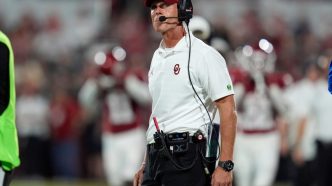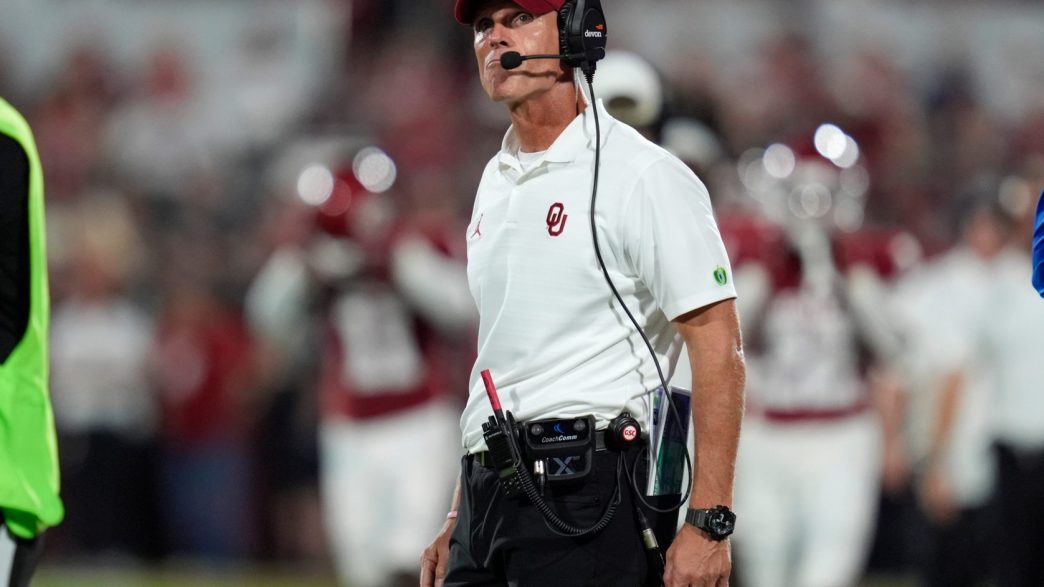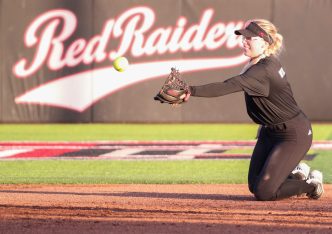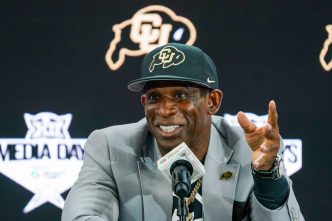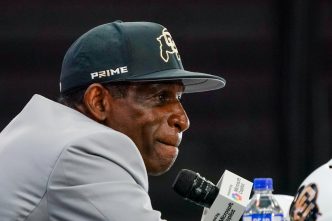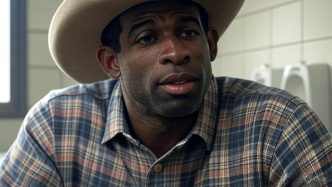In the world of college football, coaching changes are as predictable as the seasons. But every so often, a move comes along that makes even the most seasoned analysts scratch their heads. Enter the recent departure of Zac Alley from his defensive coordinator role at Oklahoma to take up the same position at West Virginia. If that sounds like a lateral move, you might want to think again.
This transition raises a question that looms larger than simply filling a staff position: Does it matter who Oklahoma hires next as defensive coordinator if there’s a systemic issue at play?
Now, let’s be clear—Alley’s move isn’t without logic. Whether it was the allure of working under Rich Rodriguez with full autonomy or a significant pay bump, something prompted Alley to leave OU after a year where the defense showed promise. When Alley was hired by Brent Venables from Jacksonville State, it was to run Venables’ show, not his own. And as a coach, the opportunity to implement your own defensive blueprint is a tantalizing proposition.
Could Alley have spotted potential troubles down the line for Oklahoma? Venables, despite his reputation, has seen a great deal of staff turnover in a short period—a troubling sign. His track record now includes a series of coordinators who either move on to greener pastures or face the axe. With Alley heading out the door, Oklahoma must now embark on the quest for yet another capable coach amidst a backdrop of a team searching for identity and stability.
The statistics from Venables’ tenure offer little solace. A 2-6 conference record marks a low point that hasn’t been seen in nearly a century. While the defense under Alley was one of the few bright spots—ranking 19th nationally in total defense—the offense was a different story, struggling mightily across the board.
Looking ahead to the future, Venables has already made strides to shake up the offense by bringing in Ben Arbuckle from Washington State and landing quarterback John Mateer, whose stats were nothing short of spectacular in the latest campaign. Yet, questions remain about the adaptability of incoming players to the higher standards of the SEC.
The real challenge for Venables extends beyond the Xs and Os. It’s about assembling a cohesive unit, both on the field and in the staff room. Oklahoma’s hurdles aren’t just about strategy or player performance. They’re about retention and growth, building a culture that not only attracts top talent but holds onto it.
The core issue might be a confluence of modern college athletics dynamics, recruitment challenges, and perhaps an organizational culture that hasn’t wholly adapted to the shifting landscape. In a sport where success is as much about adapting as it is about planning, Venables—and the university’s leadership—must introspect and evolve.
So does it matter who the next defensive coordinator will be for the Sooners? Yes, but it’s only one piece of a much larger puzzle that Venables must solve to return Oklahoma to its storied glory. The solution might just lie not only in who steps in but also in how the entire program steps up.

